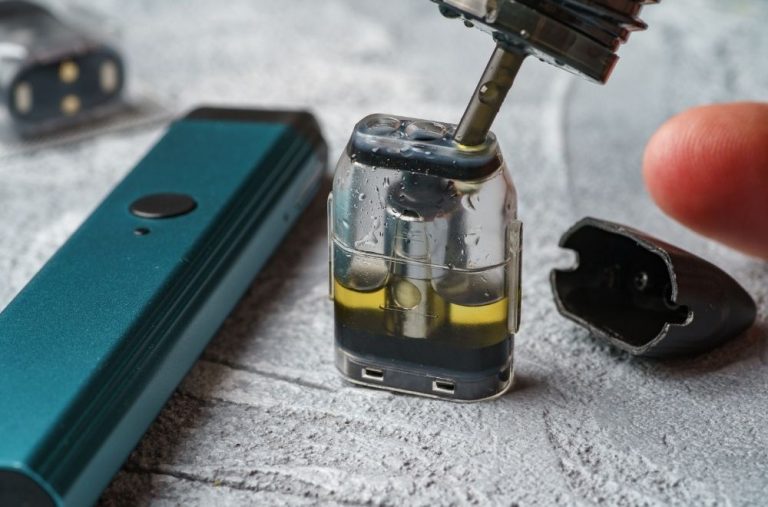When you are charged with a criminal offense, a security deposit is a fixed amount of money that you must give in order to spend court time in the free world, not in prison. Since trials usually begin a few weeks or months after the initial arrest, most defendants prefer to pay bail. Mortgages can be expensive, so most people who raise money use mortgage bonds to buy their freedom in advance and agree to reimburse the guarantee later. This procedure can only become difficult, so why not unpack it to show how you can avoid collateral problems when solving legal problems?
- Deposit setup
In most cases, a hearing on the bail is held 48 hours after the arrest of the defendant. Here the judge determines the amount in dollars for his release, depending on the intensity of his crime. Extremely high figures are set for accused of violent crimes. Of course, there is no regular fee for freedom: the amount depends on the judge, area, crime and criminal record of the accused.
- Payment of release from prison
Most publications are a little more than the criminal can afford. Enter bonds and guarantees. Believe this bail bondsman wilkes county nc as insurance policies: if you have a car accident, your insurance may give you a one-time compensation for injuries and damage to the car, but your insurance premiums will increase, which will force you to pay higher bills to organizations. term. The guarantor works in exactly the same way: he or she will pay the court to release the accused, who will then pay the amount gradually and with a bonus.

- Work with a surety on bail
Initially, the agent will want to make sure that this is not necessarily a risk of leakage. Defendants in some cases do not appear before the court and leave the guarantor caught, spending the entire amount of the bail. In these circumstances, the rules allow agents to hire a bounty hunter to control the accused and force them to stand trial. Many agents may need a member of the respondent’s family to jointly sign an agreement, for example, voting for security against a “leak risk”.
As an accused, ask the agent questions, make sure they are accredited and reliable, and ask about all charges. Investigate and seek advice from a lawyer to make sure that the agent treats you fairly. Many guarantors charge a 10% premium on bonds. Make sure you don’t start charging yourself more or are talking about a financing plan that you cannot pay.












